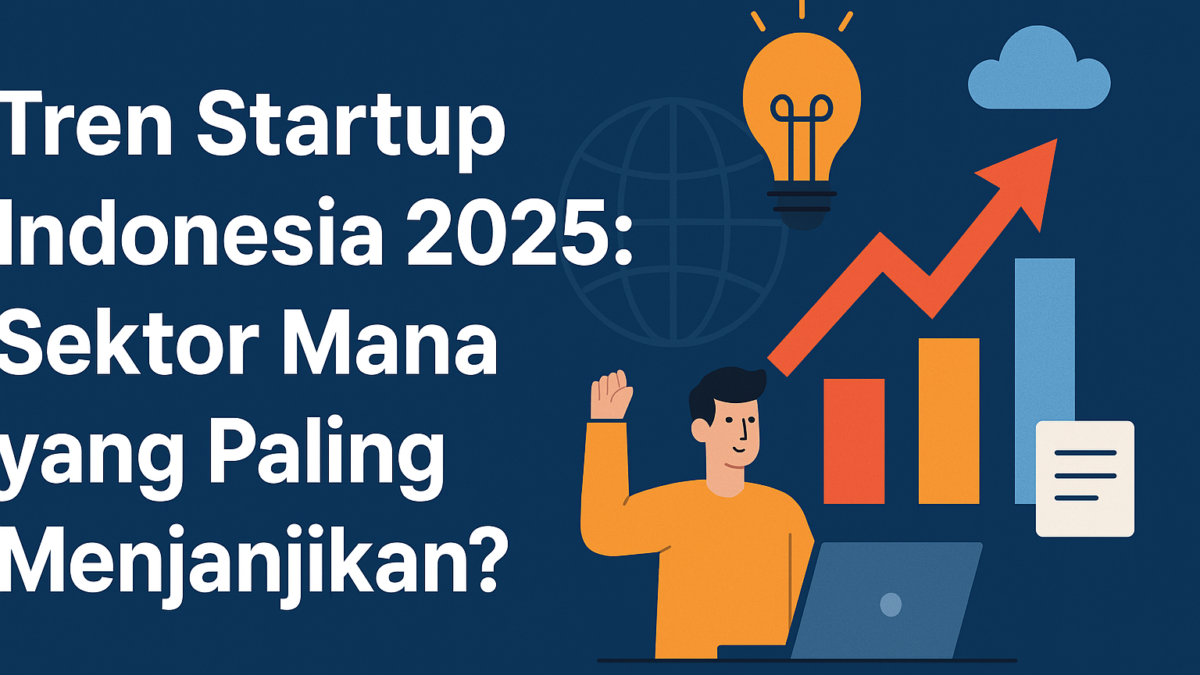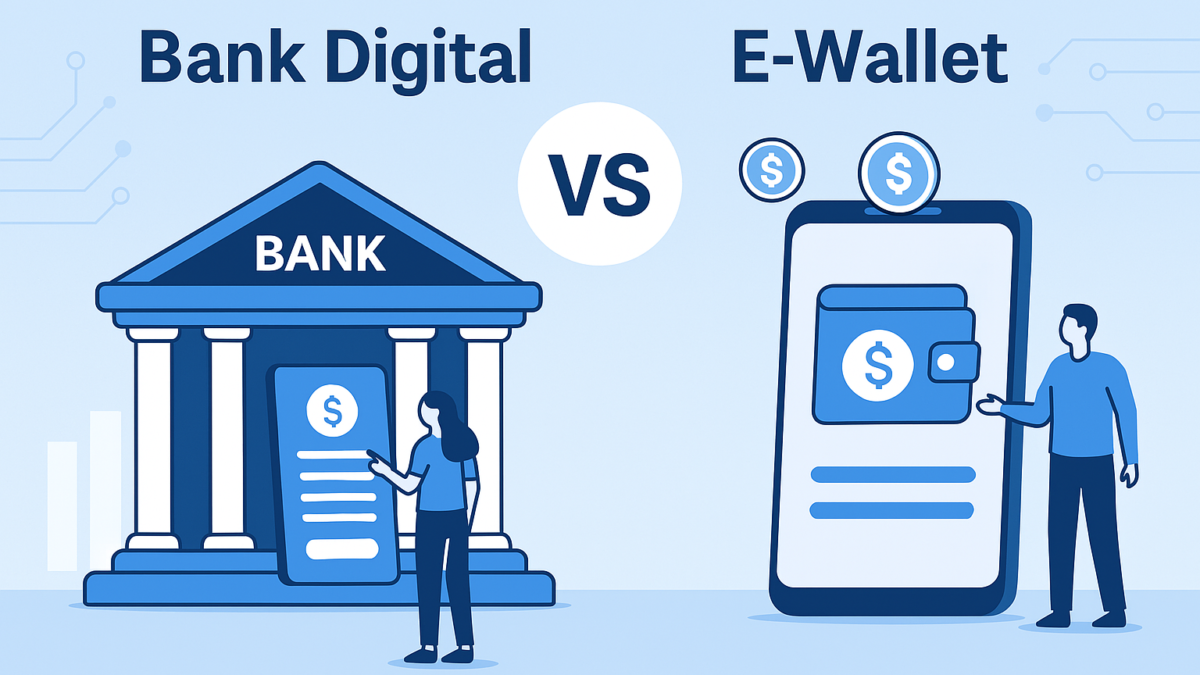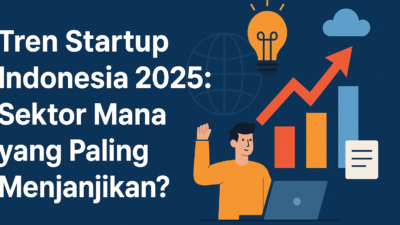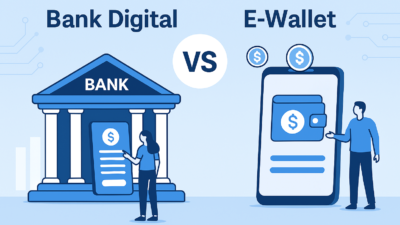Quantum computing is poised to revolutionize technology, solving problems that are currently intractable for even the most powerful classical computers. By harnessing the principles of quantum mechanics, this transformative technology promises breakthroughs in fields ranging from healthcare and finance to artificial intelligence and cryptography. But what exactly is quantum computing, and how will it shape the future of technology?
This article delves into the fundamentals of quantum computing, its potential applications, and the challenges that lie ahead.
What Is Quantum Computing?
At its core, quantum computing leverages the laws of quantum mechanics—the physics of subatomic particles—to process information in fundamentally different ways than classical computing. While classical computers use bits as the smallest unit of data, represented as 0s or 1s, quantum computers use qubits (quantum bits), which can exist as 0, 1, or both simultaneously due to a property called superposition.
Key Principles of Quantum Computing:
- Superposition: A qubit can represent multiple states simultaneously, enabling quantum computers to process vast amounts of data in parallel.
- Entanglement: Qubits can become entangled, meaning the state of one qubit is directly linked to the state of another, even if they are physically separated.
- Quantum Interference: Quantum algorithms use interference to amplify correct solutions and cancel out incorrect ones.
How Quantum Computing Differs from Classical Computing
Classical Computing:
- Bits represent data as 0 or 1.
- Operations are performed sequentially or in limited parallelism.
- Suitable for general-purpose tasks like word processing, gaming, or web browsing.
Quantum Computing:
- Qubits represent data as 0, 1, or both simultaneously.
- Operations leverage parallelism to explore multiple solutions simultaneously.
- Ideal for solving complex problems involving optimization, simulation, or cryptography.
Applications of Quantum Computing
Quantum computing has the potential to disrupt numerous industries by addressing challenges that are currently beyond the reach of classical computers.
1. Drug Discovery and Healthcare
Quantum computers can simulate molecular interactions at an unprecedented scale, accelerating drug discovery and personalized medicine.
- Example: Quantum simulations can identify potential drug candidates faster and more accurately than traditional methods.
- Impact: Reduced development costs and accelerated timelines for life-saving treatments.
2. Financial Modeling
In finance, quantum computing can optimize portfolios, improve risk management, and enhance fraud detection.
- Example: Financial institutions like JPMorgan Chase are exploring quantum algorithms for portfolio optimization.
- Impact: Increased efficiency and accuracy in financial decision-making.
3. Artificial Intelligence and Machine Learning
Quantum computing can enhance AI and machine learning by improving data processing and model training times.
- Example: Google’s quantum processor, Sycamore, demonstrated quantum supremacy, performing calculations far beyond the reach of classical computers.
- Impact: Smarter AI systems capable of solving complex, real-world problems.
4. Cryptography and Cybersecurity
Quantum computers pose both opportunities and threats to cybersecurity. They can crack traditional encryption methods but also enable new quantum-resistant encryption techniques.
- Example: Governments and tech companies are developing quantum-safe encryption protocols to protect sensitive data.
- Impact: Enhanced security in a post-quantum world.
5. Climate Modeling and Sustainability
Quantum computers can analyze vast datasets to model climate systems and optimize energy usage.
- Example: Simulating complex chemical reactions to improve battery efficiency or develop sustainable materials.
- Impact: Progress toward achieving global climate goals.
Challenges Facing Quantum Computing
While quantum computing holds immense promise, it is still in its early stages, with significant hurdles to overcome.
1. Scalability
Building and maintaining large-scale quantum computers with thousands of stable qubits is a monumental challenge.
- Solution: Advances in error correction and qubit stability are critical to scaling quantum systems.
2. Error Rates
Qubits are highly sensitive to environmental disturbances, leading to errors in calculations.
- Solution: Developing robust error-correction algorithms and fault-tolerant quantum architectures.
3. High Costs
Quantum computers require specialized environments, such as near-absolute zero temperatures, making them expensive to develop and operate.
- Solution: Industry collaboration and government funding to share research and development costs.
4. Lack of Quantum Talent
The field requires expertise in quantum physics, computer science, and engineering, but talent remains scarce.
- Solution: Investing in education and training programs to build a pipeline of quantum professionals.
5. Ethical and Security Concerns
The potential to break traditional encryption raises ethical and security questions about how quantum computing will be used.
- Solution: Proactive development of quantum-safe encryption and global collaboration to establish ethical guidelines.
Quantum Computing in Action: Real-World Examples
IBM Quantum
IBM offers cloud-based quantum computing through IBM Quantum Experience, allowing researchers and developers to experiment with quantum algorithms.
Google Sycamore
In 2019, Google’s quantum processor achieved quantum supremacy by solving a problem in 200 seconds that would take classical supercomputers thousands of years.
D-Wave Systems
D-Wave specializes in quantum annealing, a type of quantum computing optimized for solving optimization problems.
The Future of Quantum Computing
1. Industry Collaboration
Tech giants like IBM, Google, and Microsoft are partnering with academia and governments to accelerate quantum research and development.
2. Democratization of Access
Cloud-based quantum platforms will make quantum computing accessible to businesses and researchers worldwide.
3. Breakthroughs in Hybrid Systems
Combining classical and quantum computing will address current limitations and unlock new applications.
4. Quantum Advantage Across Industries
As quantum computing matures, industries like healthcare, logistics, and agriculture will benefit from tailored quantum solutions.
Conclusion
Quantum computing represents a paradigm shift in technology, with the potential to solve problems that were once considered impossible. While challenges remain, ongoing advancements and collaborations are paving the way for a future where quantum computing transforms industries, drives innovation, and addresses global challenges.
For businesses and individuals, understanding quantum computing today means being prepared for the technological breakthroughs of tomorrow. As this field evolves, its impact on technology and society will be nothing short of revolutionary.
















